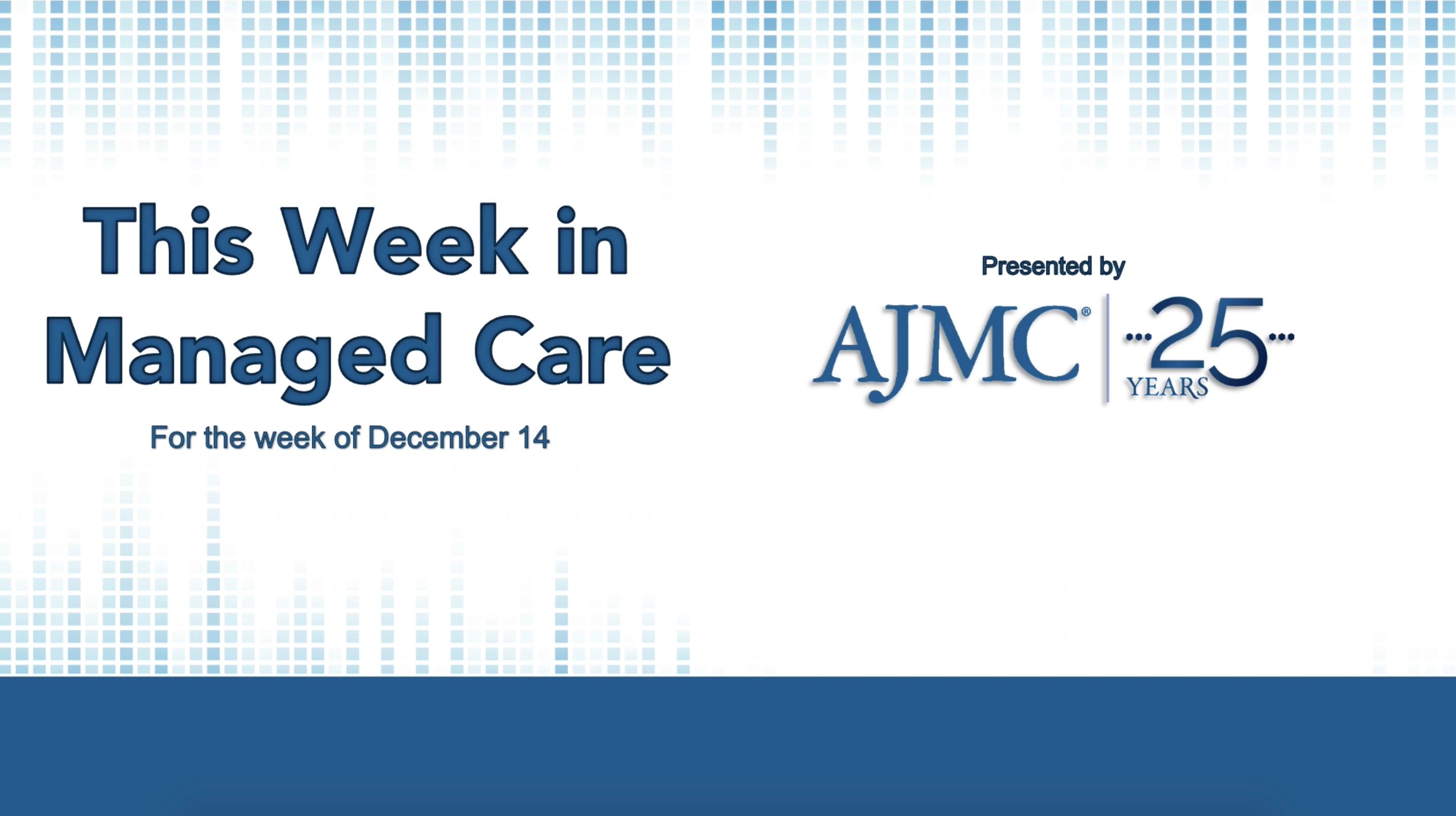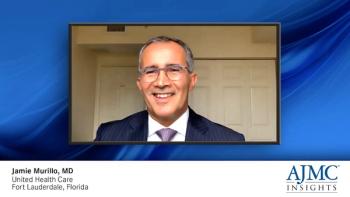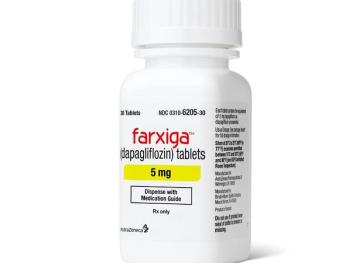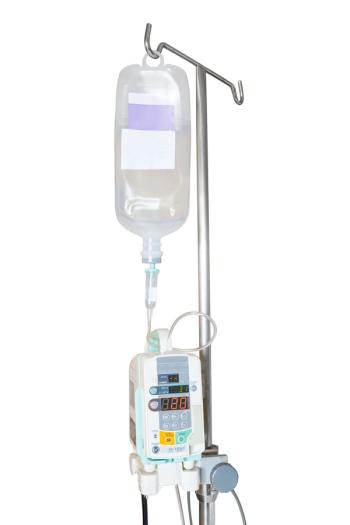
Due to a lack of comprehensive data on health literacy among these patients, a team of investigators looked at its connection with their quality of life (QOL).


Due to a lack of comprehensive data on health literacy among these patients, a team of investigators looked at its connection with their quality of life (QOL).

Top reasons why patients with heart failure face a higher risk of hospitalization during times when fracking occurs include an increase in air pollution and stress pathways.

An expert in the management of heart failure discusses the standard of care for patients with reduced ejection fraction.

Expert physicians consider the treatment goals for patients with heart failure.

Overdose-related cardiac arrests rose consistently in the first few months of the coronavirus disease 2019 (COVID-19) pandemic, coming in at 48.5% above baseline through August 1, according to national emergency medical services data.

A key opinion leader discusses how the medical understanding of heart failure has improved over the years and how it has helped management of disease.

A discussion on the link between LVEF, nT-proBNP, and cardiac remodeling in predicting disease progression.

The 5-year risk of women dying or developing heart failure following a first severe heart attack is 20% higher compared with men, according to the findings in Circulation.

Intravenous (IV) iron reduced rehospitalization risk among patients hospitalized with acute heart failure (HF) and low iron, according to research presented at the American Heart Association’s Scientific Sessions 2020.

An expert in the management of heart failure provides an overview of the progressive nature of the disease, with special consideration to biomarker monitorization.

An in-depth discussion on the clinical and economic burden of treatment for patients with heart failure, with special consideration to progressive disease.

A recent survey of UK Biobank participants showed that healthy sleep habits were associated with a possible lower risk of heart failure among adults, even after adjusting for several confounders.

Dr. Anthony Fauci discusses the cardiovascular implications of coronavirus disease 2019 (COVID-19) at the American Heart Association Scientific Sessions.

After recent setbacks, the beleaguered drug reduced cardiovascular events and may be a choice for patients with severe chronic kidney disease.

A registry study suggests 4 in 5 patients with heart failure might benefit from the SGLT2 inhibitor dapagliflozin.

Findings from the GALACTIC-HF trial presented at AHA Scientific Sessions 2020 showed that patients with heart failure (HF) with reduced ejection fraction who took omecamtiv mecarbil showed a significant 8% relative risk reduction in a composite of a HF event or death from cardiovascular causes, compared with those taking placebo.

Intravenous diuretic treatment of patients with decompensated heart failure can increase urine output, promote weight loss, and improve dyspnea.

Serum fatty acid–binding protein 4 levels were increased in patients with heart failure with preserved ejection fraction (HFpEF), associated with cardiac remodeling and dysfunction, and linked to poor outcomes.

Sarcopenic obesity is a condition in which obesity is accompanied by loss of muscle mass and function; the condition is common among older adults with heart failure with preserved ejection fraction (HFpEF).

The novel patient-centered performance metric was associated with readmission and mortality outcomes, as well as reclassification of hospital performance, compared with a CMS 30-day metric.

Study results demonstrate the multimillion-dollar savings achieved among patients with heart failure with reduced ejection fraction (HFrEF) following treatment initiation with sacubitril and valsartan.

Heart failure with reduced ejection fraction (HFrEF) is when the heart’s left ventricle can only pump out 40% or less of the blood it contains, resulting in less oxygen-rich blood being disseminated to the body than it actually needs.

A recent review in Current Diabetes Reports delves into the utility of sodium-glucose co-transporter-2 (SGLT2) inhibitors for patients with heart failure currently on other medications.

Patients with heart failure should be classified as high risk in light of the coronavirus disease 2019 (COVID-19) pandemic; they are thought to be more susceptible to the virus.

Patients with chronic heart failure and comorbid mental/behavioral disorders or diabetes had worse quality of life (QOL), according to a recent literature review.

259 Prospect Plains Rd, Bldg H
Cranbury, NJ 08512
© 2025 MJH Life Sciences®
All rights reserved.
